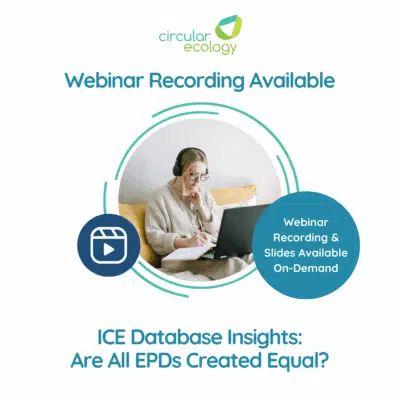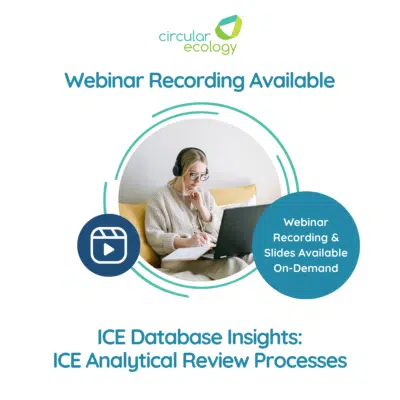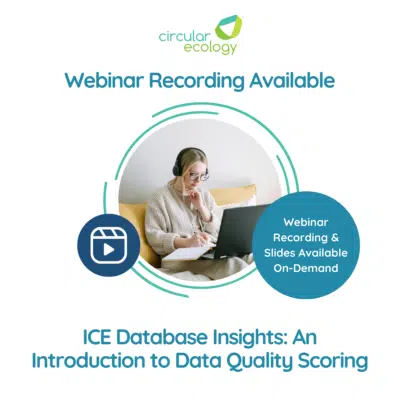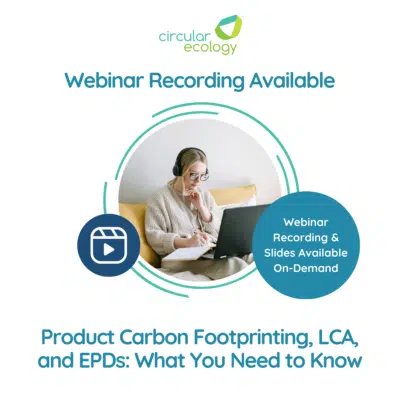The operational carbon of a building is the carbon emitted in the process of running that building. These emissions depend directly on the systems used in the building, notably the heating system and power systems, such as lighting. Reducing the energy use intensity (EUI) of a building not only results in lower carbon emissions, but can also lower building operational costs, depending on the choice of systems.
A thorough assessment and prediction of operational energy efficiency can be obtained using dynamic building performance simulation and energy modelling. This would have a lower performance gap, compared with assessments using compliance methods followed using RdSAP (Reduced Data Standard Assessment Procedure).





